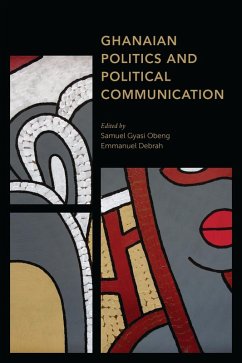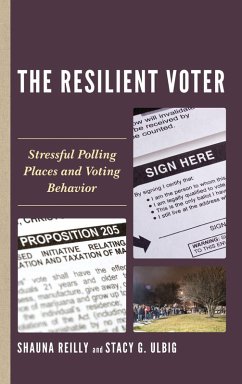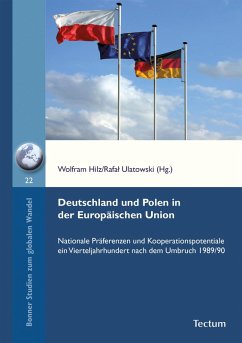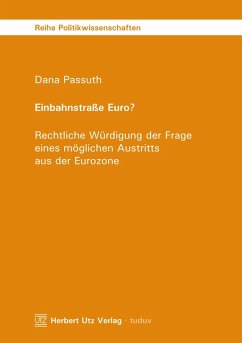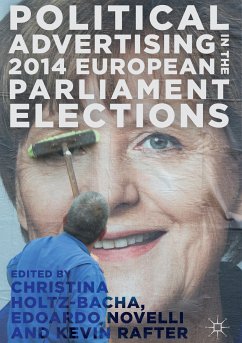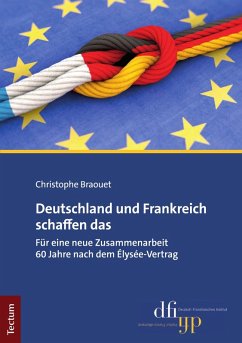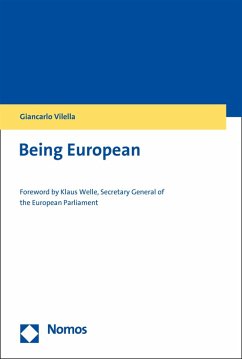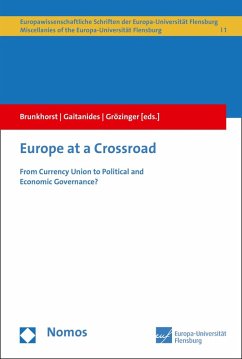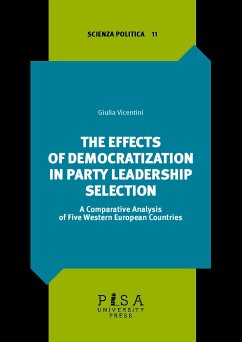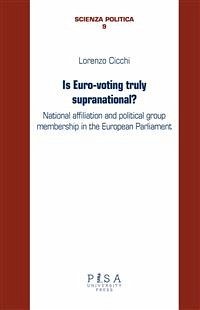
Is euro-voting truly supranational? (eBook, PDF)
National affiliation and political group membership in European Parliament
Sofort per Download lieferbar
11,99 €
inkl. MwSt.

PAYBACK Punkte
0 °P sammeln!
This book aims at investigating, through the analysis of voting records, existing surveys and original survey data, the voting behaviour of the Members of the European Parliament (MEPs). As the European Parliament’s centrality within the European Union’s institutional structure has increased, its political groups have been generally described as cohesive actors: MEPs from the same political group are likely to vote together, regardless of their nationality. Yet, this tells us only part of the story: what happens when particular interests trigger contrasts between European and national alle...
This book aims at investigating, through the analysis of voting records, existing surveys and original survey data, the voting behaviour of the Members of the European Parliament (MEPs). As the European Parliament’s centrality within the European Union’s institutional structure has increased, its political groups have been generally described as cohesive actors: MEPs from the same political group are likely to vote together, regardless of their nationality. Yet, this tells us only part of the story: what happens when particular interests trigger contrasts between European and national allegiances? Is the European Parliament truly supranational or do national dynamics still exist at European level? And, in this second case, to what extent? This study aims at answering these questions through an innovative mixed-method approach. In particular, new data from an original survey is used to integrate traditional quantitative methods of parliamentary behaviour analysis. Finally, this is coupled with an in-depth qualitative assessment of the empirical data. This book contributes to the literature by providing a refined theory of voting behaviour in the European Parliament and original evidence on the recurrent question of political group membership versus national affiliation. It can be of interest to scholars of voting behaviour as well as to practitioners concerned with the internal dynamics of the European Parliament.



